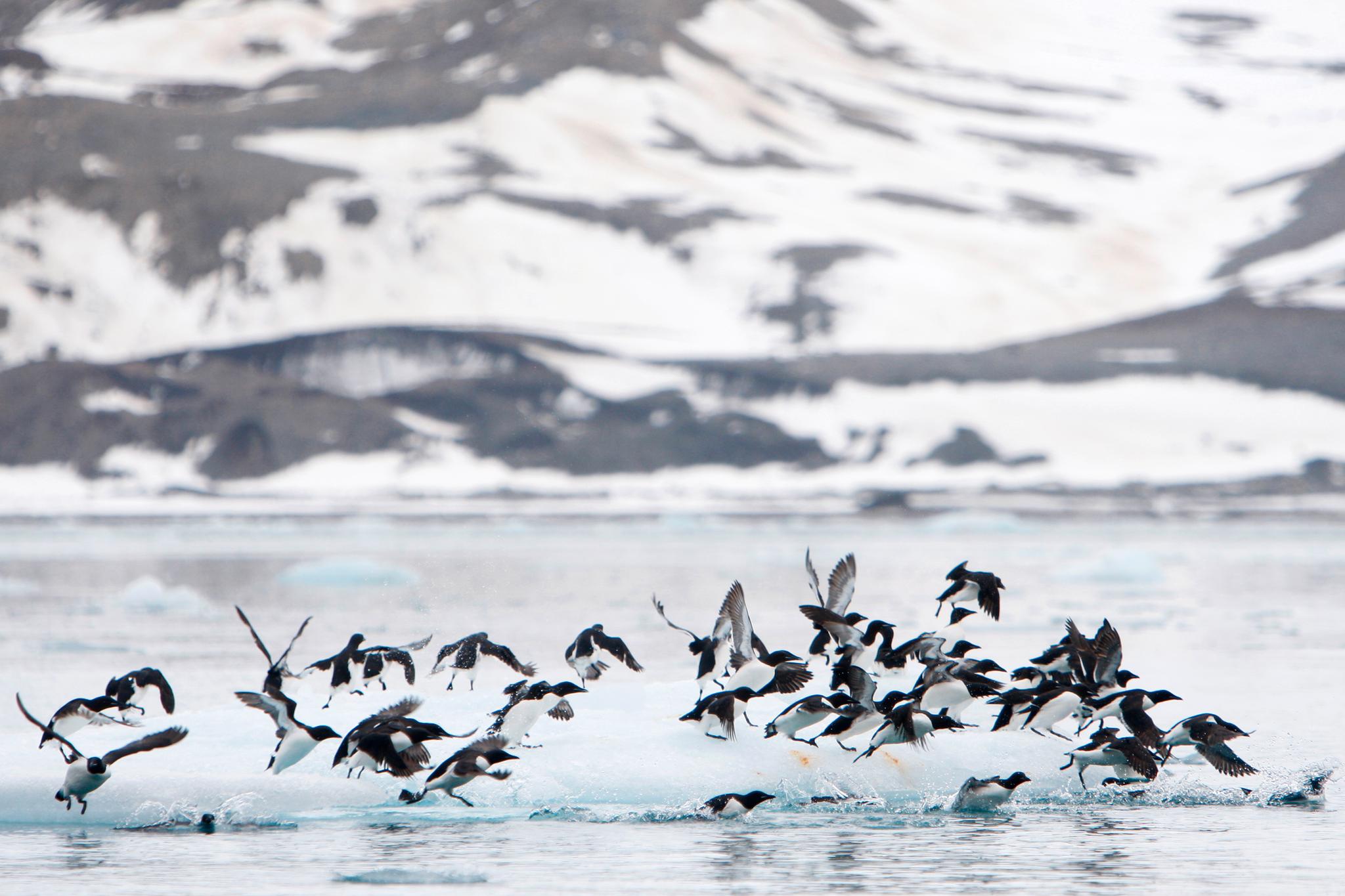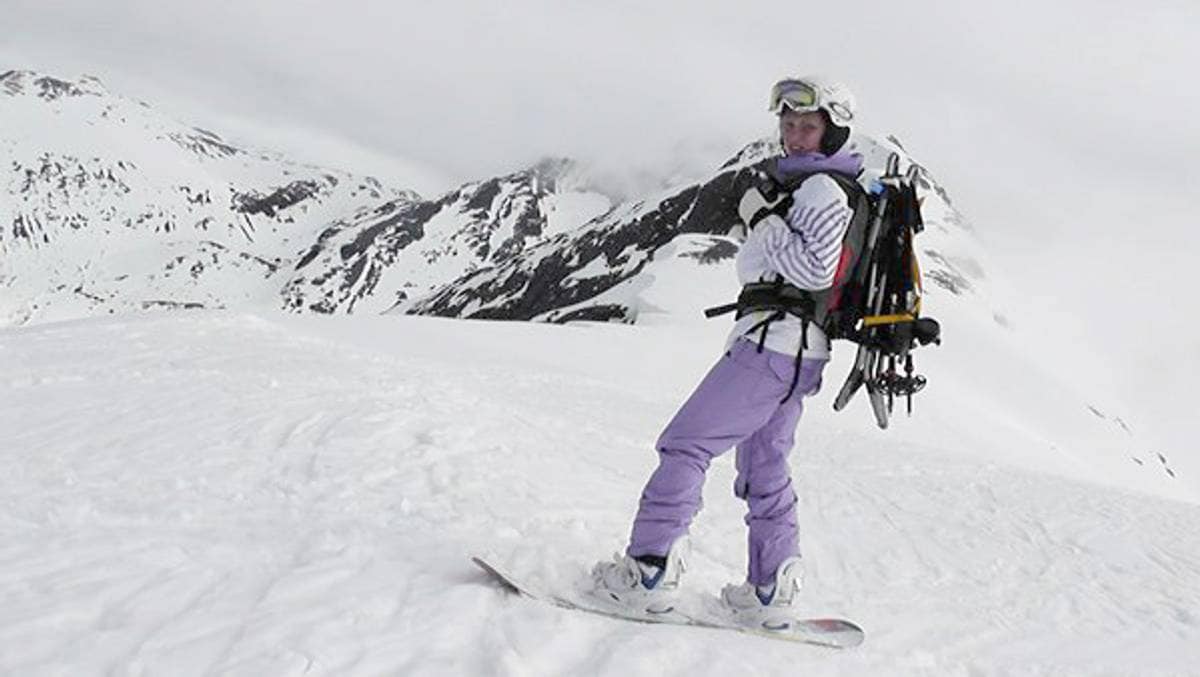Global animal populations have declined by 69% since 1970, according to a detailed report by WWF. – We are destroying our means of subsistence, warns the organization.
Especially in the tropical and most species-rich regions of the world, the development is spectacular. Here, wildlife populations are declining at a very rapid rate.
– The Living Planet Report presents shocking figures and shows that we are facing two acute crises: human-induced climate change and the loss of natural diversity, says Karoline Andaur, who heads the environmental organization WWF in Norway.
The organization collaborates with researchers in the work on the report, which is published every two years.
In this year’s release, monitored wildlife populations in Latin America and the Caribbean are estimated to have, on average, declined by 94% between 1970 and 2018.
endangered gorillas
If this figure is representative of the more general evolution, there remains today only a small vestige of the original fauna in this part of the world.
One species that illustrates the situation is the Amazonian dolphin. Here, the population decreased by 65% between 1994 and 2016.
The development is also spectacular in Africa and parts of Asia. African animal populations are estimated to have declined by 66 percent.
The population of eastern lowland gorillas – one of humans’ closest relatives in the animal kingdom – fell by 80% between 1994 and 2019. All variants of gorillas are threatened with extinction.
– The natural crisis we are facing is acute and requires immediate action. We have no time to lose, Andaur said in a statement.
Losing habitats
In assessments of the state of nature and wildlife, the focus is often on the number of animals at risk of extinction.
The experts behind the WWF report also look at the situation of animals that are not yet threatened with extinction. The results show how stocks and the number of individuals have rapidly declined.
One of the most important reasons is that animals lose their habitats. In addition, the WWF points to overexploitation, the introduction of exotic species, pollution and the effects of climate change.
Other researchers have come to similar results in the past. One to study in 2017 describes the status of 177 mammal species. Nearly half of them had declined sharply and lost more than 80% of their habitats since the start of the 20th century.
UN meeting in Canada
In the WWF report, vertebrates were studied. That is, mammals, birds, fish, amphibians and reptiles.
Large parts of the global economy and billions of people depend on nature, the WWF points out. The organization believes that measures to prevent further loss of natural diversity – as well as the restoration of viable ecosystems – must be at the top of the global agenda.
– The report is proof that we are destroying our very basis of life, Andaur warns.
In December, representatives from countries around the world will meet in Montreal, Canada to agree on a new international agreement on nature conservation. The WWF has high hopes for this agreement.
– The Nature Accord is a rare opportunity to change course, mend our broken relationship with nature and create a more sustainable and healthier future for all, says Andaur.
Repeated warnings
In Norway too, some species are in steep decline. Among these are gannets, lesser geese, eels and sea urchins – the second largest fish in the world.
In Europe and Central Asia, animal populations have declined by an average of 18% over the past 50 years or so. The decline is lower than in other regions, and one of the reasons is that many natural areas in Europe had already disappeared before 1970.
An important reason why habitats and animal populations are declining is that forests are being cut down and new areas are constantly being used for agriculture. This happens, among other places, in the Amazon rainforest.
Researchers, experts and activists have repeatedly issued warnings about development. Some of them use the term “mass extinction” to describe what is about to happen.
– I don’t think that’s an exaggeration. Mass extinction is already happening and it is man-made, Professor Bob Watson, then head of the UN Nature Panel, told NTB in 2017.

“Hardcore coffee specialist. Unable to type with boxing gloves on. Devoted internetaholic.”






